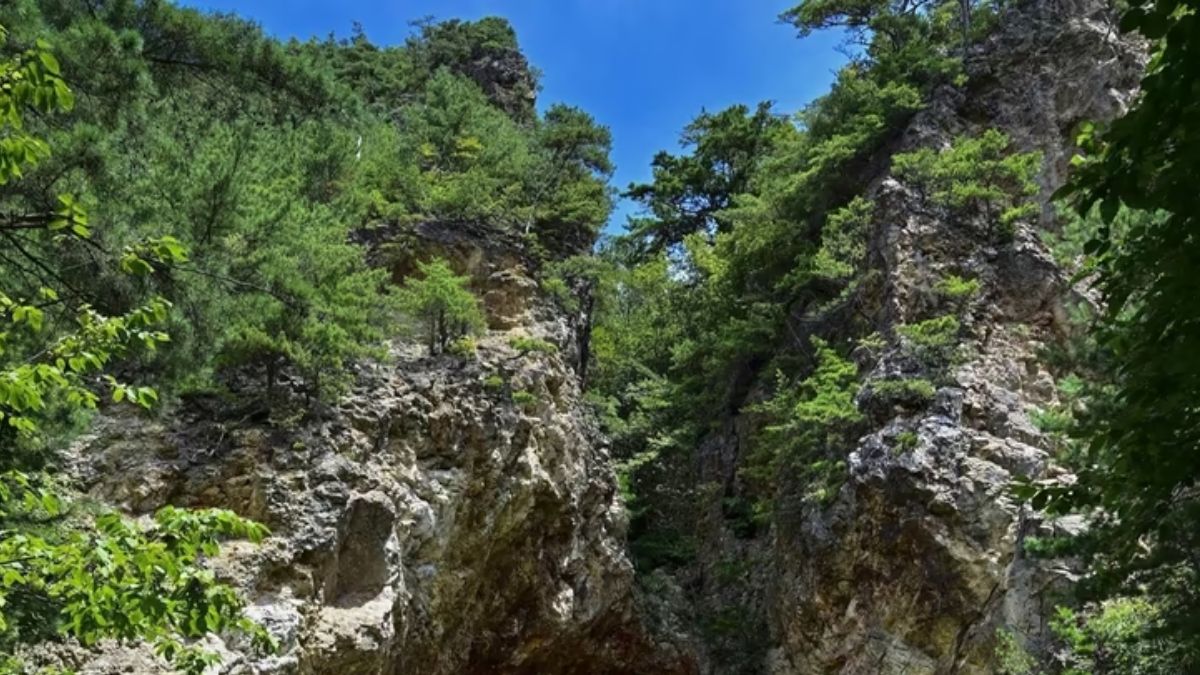The event has sparked controversy, highlighting the historical abuse of Korean forced labourers at the site during World War II.
The decision comes despite recent efforts by South Korean President Yoon Suk Yeol to mend ties with Japan and strengthen trilateral security cooperation with the United States to counter North Korean threats. However, Yoon’s approach has faced domestic criticism, with opponents accusing him of downplaying the suffering of Korean survivors.
South Korea’s Foreign Ministry stated that the disputes between the governments remained unresolved before Sunday’s event. It did not disclose details about the disagreements, while Japanese officials declined to comment.
Critics have questioned South Korea’s involvement in the event, arguing that Japan has not made adequate commitments to address Korean labourers’ hardships. The controversy deepened after Japan announced the attendance of Akiko Ikuina, a vice minister who had previously visited Tokyo’s contentious Yasukuni Shrine. The shrine, seen by Japan’s neighbours as a symbol of militarism, honours the war dead, including convicted war criminals.
The Sado mines, operational from the 16th century until 1989, were designated a UNESCO World Heritage site in 2023 after Japan agreed to acknowledge Korean suffering. Still, many view Sunday’s ceremony as insufficient, accusing Japan of glossing over its wartime atrocities.
Relations between Seoul and Tokyo remain fragile, with historical grievances over Japan’s colonial rule of Korea from 1910 to 1945 continuing to complicate reconciliation efforts.

